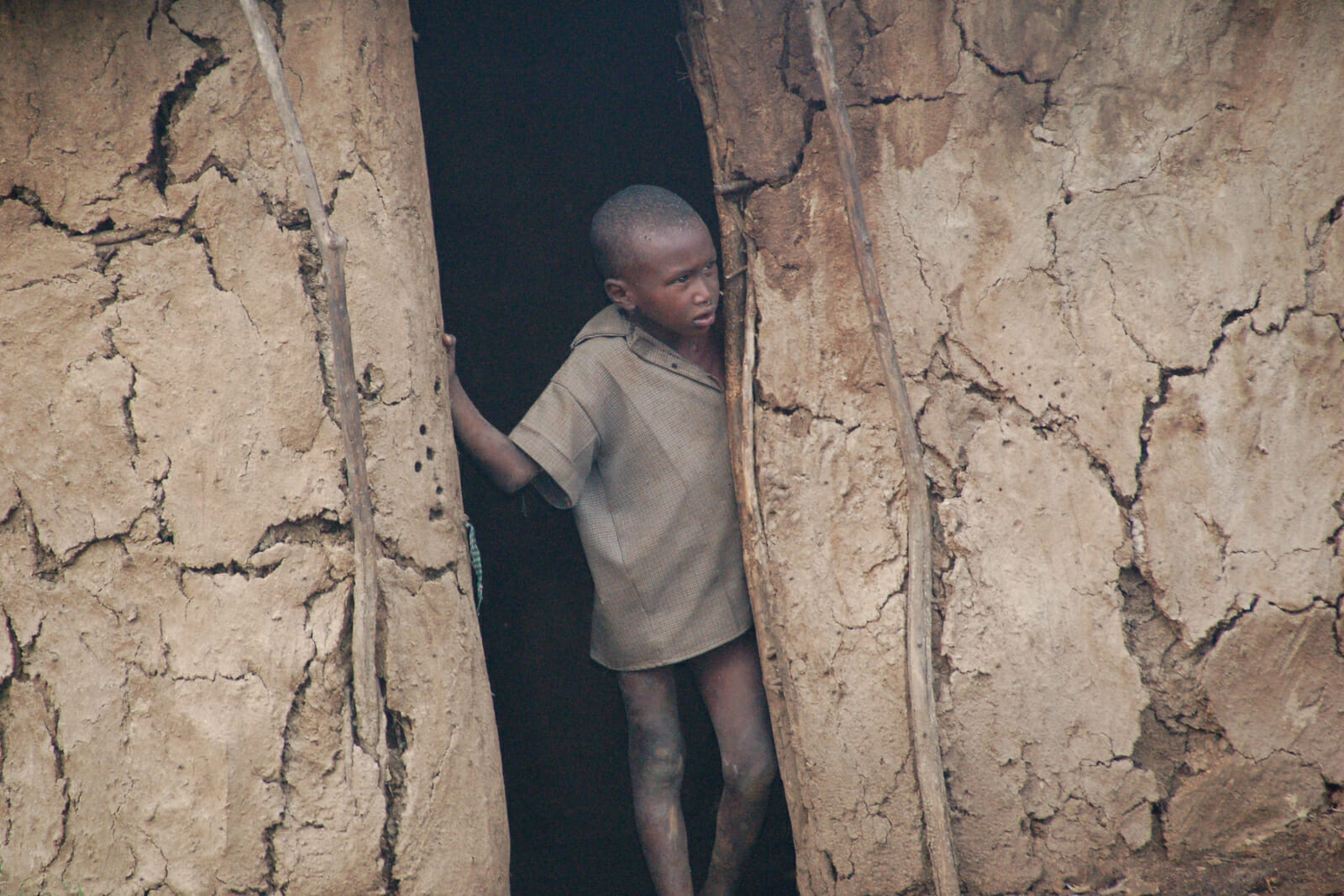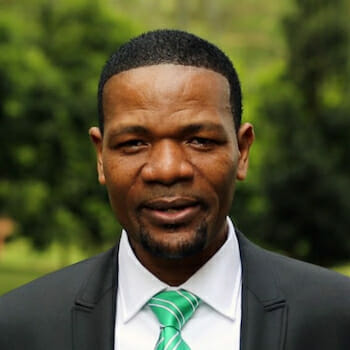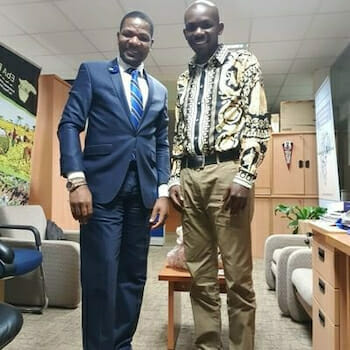
How to Drive Good Governance and Socioeconomic Liberation of Africa
“A flea can trouble a lion more than a lion can trouble a flea.” This African proverb sends us one fundamental message – that it is the seeming “invisible” issues that are easy to ignore, end up being the most consequential.
Across Africa, good governance, and socioeconomic development, are interrelated issues. Democratic elections have been employed in the name of seeking good governance. The hope is that once we nail good governance, the natural consequence will be socioeconomic development. But the question is, could we be looking at the wrong place for solutions? Could we have formulated a wrong thesis to begin with?
The answer is likely yes. Yes because we have overlooked the most critical component of good governance: people. What we have overlooked is the fact that governments and strong institutions need people to run them. People are the means to accomplish good governance across Africa. These people come from the very societies that practice the negative vices that manifest as bad governance. They come from our societies. Societies that are riddled with individualism, selfishness, entitlement, failure to take responsibility, and jealousy. This reality then brings to the fore the most important aspect of good governance in Africa. And that is attitude. The attitudes of Africa’s citizens determine whether good governance can take root.
So, what are these attitudes? The prevailing attitudes across the continent are far from inspiring. Whether anecdotical or statistical, one can decipher a prevailing attitude of self-centeredness among ordinary Africans. A study records that far too many youths on the continent are willing to take shortcuts to attain wealth. 50% of youth surveyed said it does not matter how a person makes money if they do not end up in jail. 35% said that they would easily take or give a bribe. What is worse is the clear disingenuousness of these youth as they seem to contradict themselves. A supermajority, 85%, said faith is their most cherished value. Meaning that even the 50% who did not mind breaking the law to be wealthy, still counted themselves as religious. This is a serious attitude flaw.
These attitudes manifest in a preference for individualism rather than collectivism. These flawed attitudes manifest in our failure to nurture selflessness and a preference for selfishness. Entitlement runs throughout society. From our homes, where family members feel entitled to benefit from the success of another family member; to our schools where studying is seen as a pathway to a certificate and an entitlement to a job, rather than a responsibility for solutions; and, where a job is viewed as a reward for past hard work and an entitlement to start enjoying life, rather than an opportunity to improve the lives of others. Currently, there is no personal responsibility from individual Africans.
All these are a manifestation of societal attitudes that we manifest and display in various forms wherever we are. And they constitute the governance we have in Africa. The point is this – governance is a manifestation of the collective attitudes of people. When we talk of “bad governance,” we are talking of the collective impact of a citizenry attitude in society. And unless we address the attitudes of the collective citizenry, then good governance and socioeconomic development will continue to be elusive.
Bridging the gap
In the 1960s, during the time of self-determined rule, Africa’s preoccupation was political liberation. Today, however, Africa is in a different struggle – that of socioeconomic liberation. And the common denominator of the winning formula remains selflessness. Socioeconomic liberation needs a purposeful and enterprising Africa. And these cannot happen if all of us at an individual level do not align our drive for socioeconomic solutions around selflessness. A whole of society approach is necessary, where every one of the 1.2 billion of us takes Africa’s development as a personal responsibility.
Africa urgently needs socioeconomic liberation. And this socioeconomic liberation will only come from engaging citizens in a system of wealth creation. It will not come from a “job creation” mentality alone. Jobs are offshoots of wealth creation, not the other way round. For example, traders dealing in perishables face the critical challenge of losing what remains unsold at the end of the day. They are therefore forced to sell hurriedly at throwaway prices and lose whatever cannot be sold. But what has been shown, is that decentralizing affordable clean energy solutions of solar dryers preserves it and increases the shelf life so that it can be sold when demand peaks in the off-season. By doing so, income increases up to 30 times, which benefits the farmers, the traders, and the solar dryer manufacturers.
This is just a single dimension in the context of the critical post-harvest losses (PHLs) challenges in Africa. Cumulatively, the continent faces up to $48 billion in annual PHLs. These represent $48 billion worth of wealth and enterprise opportunities for solution providers and a myriad of attendant jobs created in the process. This is the system of wealth creation, that is driven by devising solutions to pressing challenges using what we already have, that the continent needs to drive its socioeconomic liberation.
A simple example is creating jobs out of importing chemicalized fertilizers. While people will be out to work in logistics and supply chain, the negative consequences of depleting foreign reserves and degrading the soil over time will have the net resultant effect of reducing the wealth of the entire continent. Whereas if the focus was on turning agricultural waste into bio-fertilizer using local technology, more people will be engaged as they create enterprises in these areas and employ more people as they solve more problems in the agricultural value chain, and this can be achieved without compromising the environment. Hence job creation is an offshoot of wealth creation. And all this however calls for selflessness and collectivism among all citizens and divestment from individualistic tendencies.
The entry of innovative volunteerism
The biggest individual action is collective action. Innovative volunteerism is bridging the individual action mentality, by showcasing the power of selfless, collective action. Where we leverage everyone’s actions to create a groundswell of innovative climate action solutions in a traceable and accountable way that brings impact to scale. This is collectively delivered by willing youth and the young at heart of diverse areas and levels of training and capacitation, who are structurally guided to leverage on their passions and work selflessly together with the willing to address challenges faced by society.
Through this, we are addressing key socioeconomic challenges faced by the supermajority in the informal sector. This is the paradigm shift of actions youth and the willing citizens are using to turn their passions into profits as they turn challenges into opportunities as they make themselves valuable assets in the solutions world. Be it postharvest losses that cost the continent $48 billion each year, indoor pollution driven by unclean cooking that represents a $20 billion a year industry addressed through waste recovery, other diverse lines of waste recovery to productive solutions be it in sustainable apparel to provide dignified alternatives to the 80% who bear with using second-hand items of apparel, waste recovery to affordable, more durable, and sustainable construction material – among key areas. And all done in a systematic accountable and traceable way.
This is the pathway to good governance that will unlock socioeconomic liberation in Africa.
The views expressed in this article are those of the authors alone and do not necessarily reflect those of any institutions with which the authors are associated.

